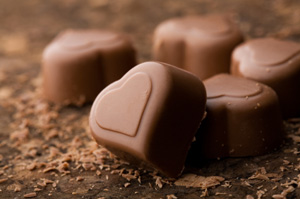 There is a word for you: “chocoholic,” when you need chocolate. Nothing else will do. Just thinking about hot fudge drizzling over ice cream raises your spirits. You crave a truffle, a Kit-Kat, a mug of velvety hot cocoa. Few, if any, other foods evoke such passion.
There is a word for you: “chocoholic,” when you need chocolate. Nothing else will do. Just thinking about hot fudge drizzling over ice cream raises your spirits. You crave a truffle, a Kit-Kat, a mug of velvety hot cocoa. Few, if any, other foods evoke such passion.
So what is unique about chocolate? I just came across an article in the award-winning highschool chemistry magazine ChemMatters that takes a rather comprehensive look at chocolate, its health effects as it is currently understood, and more.
In a nutshell: Recent scientific findings are providing new evidence that chocolate may be healthier than is usually assumed. Here’s a couple passages from the article:
To start, there’s so many good chemicals … One of the reasons chocolate is unique is the temperature at which it melts: between 94 °F and 97 °F. A morsel of chocolate slides across your tongue and liquefies into a perfect puddle of taste sensation. The human body, at 98.6 °F is just above the chocolate’s melting temperature. “Melts in your mouth”? Definitely true.
Chocolate contains more than 300 chemicals. Caffeine, a stimulant, is the most well known, but it is present only in small amounts. Another stimulant is theobromine, found in amounts slightly higher than caffeine. Read more (PDF) »
Is Chocolate Healthy?
 Recent studies have explored chemicals in chocolate called polyphenols, which belong to a larger group of chemicals called antioxidants. These chemicals protect cells against damage from free radicals – atoms, molecules, or ions with unpaired electrons.
Recent studies have explored chemicals in chocolate called polyphenols, which belong to a larger group of chemicals called antioxidants. These chemicals protect cells against damage from free radicals – atoms, molecules, or ions with unpaired electrons.
Inside cells, free radicals damage DNA and have been associated with Alzheimer’s disease, heart disease, and cancer. Antioxidants prevent this damage from happening by blocking the action of free radicals and may therefore reduce the risk of being affected by these diseases.
Antioxidants work by slowing or preventing a chemical reaction called oxidation, which can produce free radicals. Antioxidants terminate this reaction by preventing free radicals from being formed.
Read more in ChemMatters (PDF) »
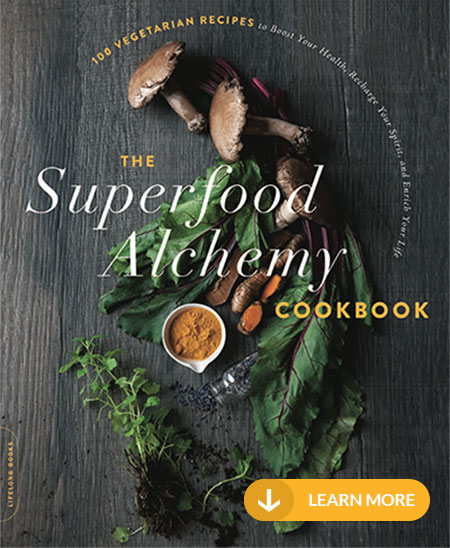

 Are you ready to look better, feel more energized, and get back that youthful feeling you remember having as a kid? I can help you on a journey that will change the way you eat — for good. My
Are you ready to look better, feel more energized, and get back that youthful feeling you remember having as a kid? I can help you on a journey that will change the way you eat — for good. My 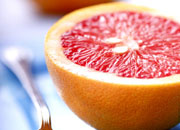











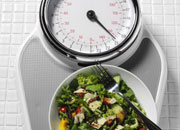


 As a healthy cooking expert, health coach and TV host,
As a healthy cooking expert, health coach and TV host, 


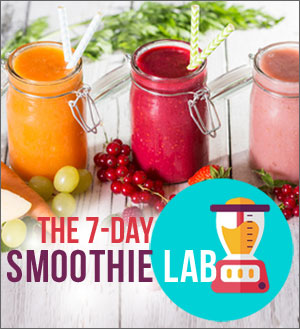
Speak Your Mind